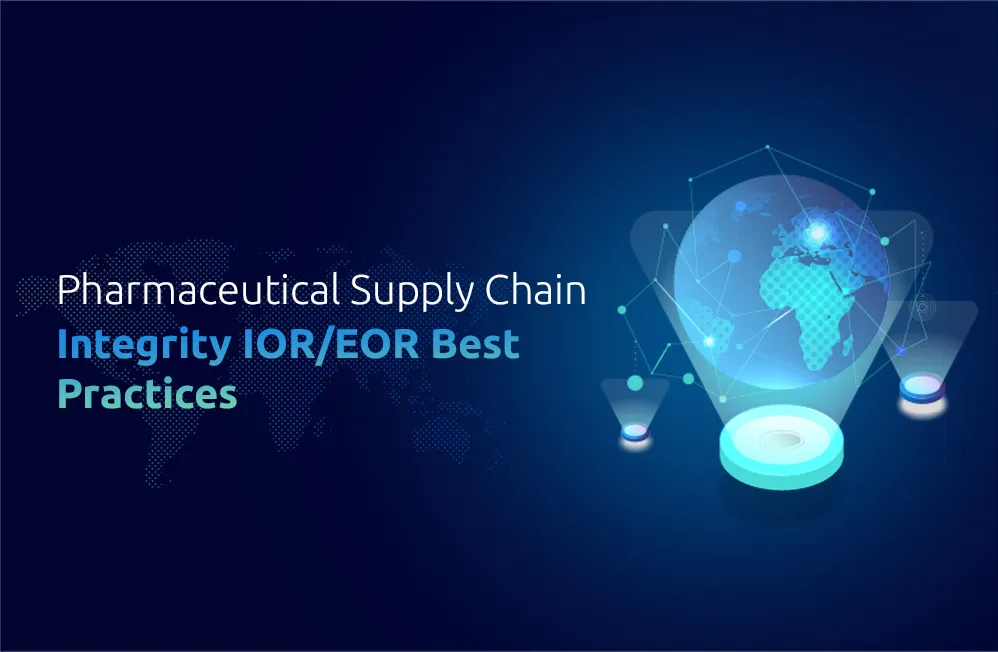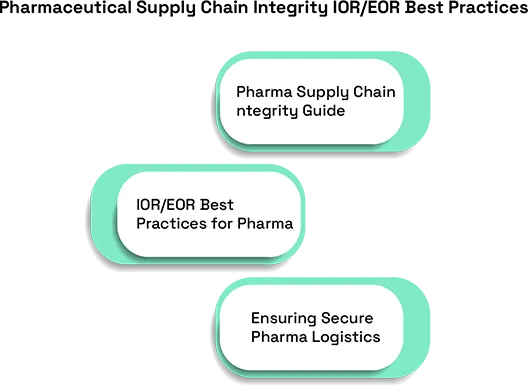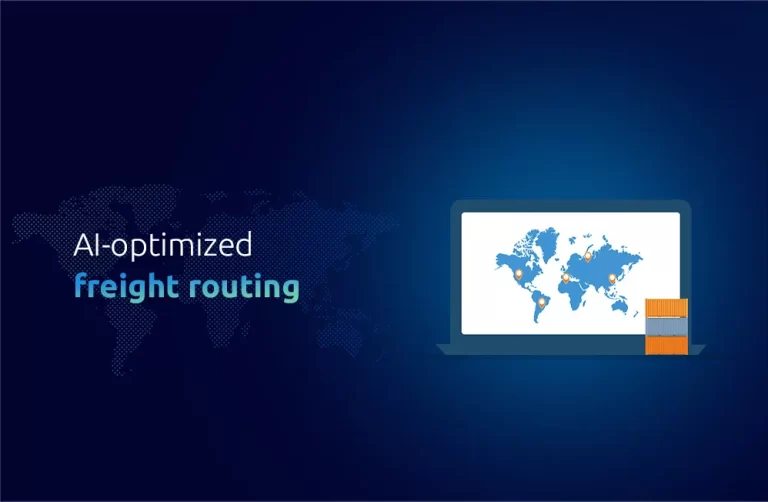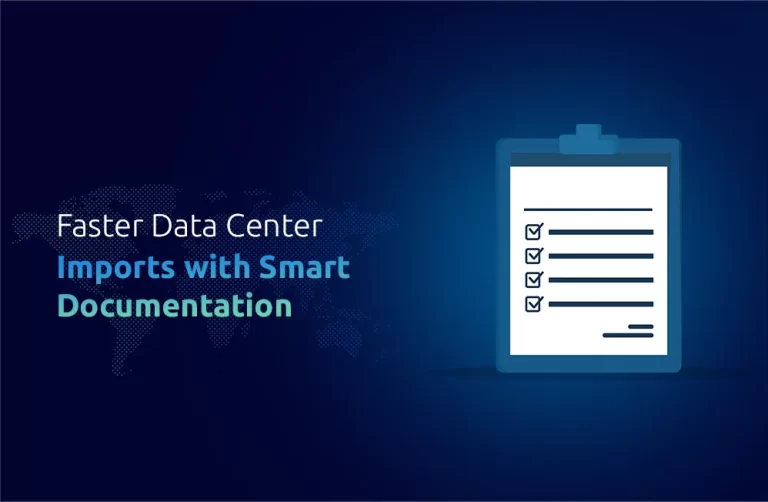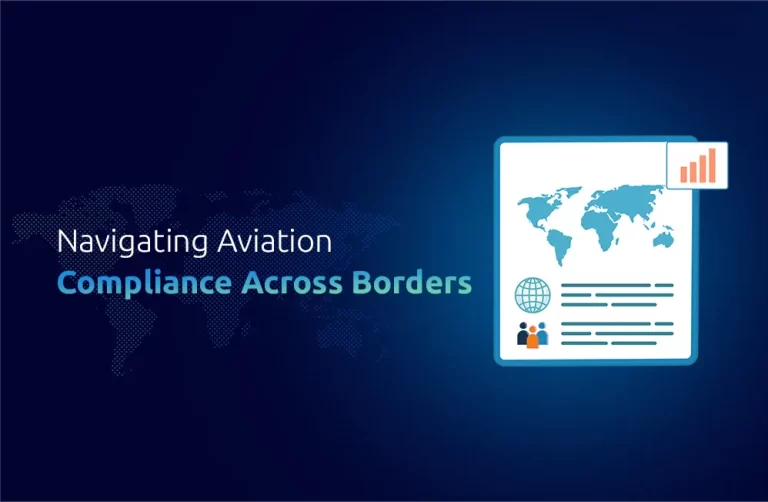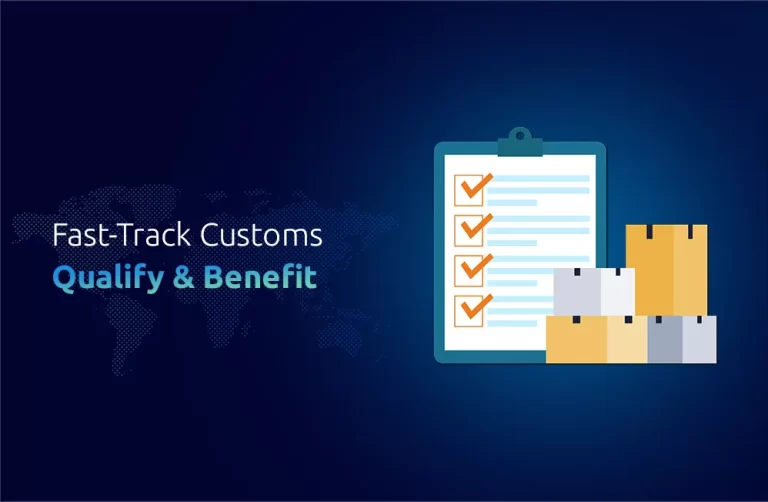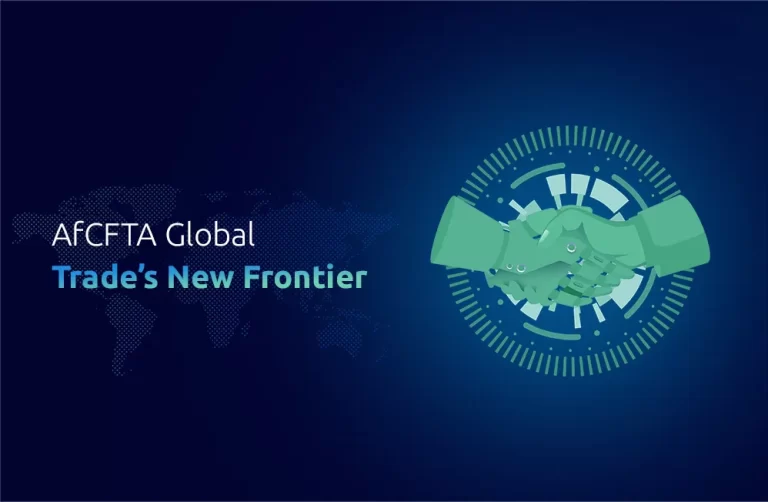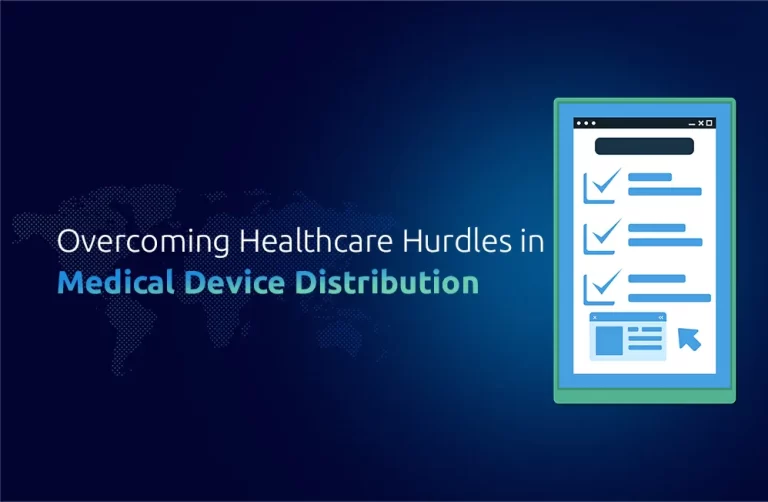Insight
Trade Operations requires as much care with customs, documentation, and compliance as it does with attention to detail. Regarding medical devices, aviation parts, and even IT equipment, the roles of IOR(Importer of Record) and EOR (Exporter of Record) should be understood for seamless operations. These roles guarantee the efficiency and legality of the international movement of goods.
As with any business practice, the responsibilities of the IOR & EOR roles have been optimized. This blog explains the primary tips to maintain compliance, shows these roles as critical to the pharmaceutical supply chain, and discusses the importance of pharmaceutical supply chain integrity.
Importer of Record
An Importer of Record is the individual or organization responsible for clearing the goods through customs & ensuring compliance with the country’s law. The IOR is responsible for paying the relevant taxes, duties, & other regulations that need to be fulfilled for the products to be sold or distributed.
For some companies that trade across borders, an IOR performs multiple functions, including controlling an importer of record number, a special number intended to simplify operations with customs procedures. This role is extremely important for certain products, such as medical devices or components of IT systems, because they have specific controls which must be met. All documentation that customs will require, including but not limited to invoices, bills of lading and certifications proving compliance with standards, will be prepared and submitted by the IOR.
Exporter of Record
The Exporter of Record Role is the counterpart that the IOR possesses on the Export side of the IOR equation. The EOR verifies that the exporting goods adhere to the export regulations of a country. This includes obtaining required export licenses, completing the appropriate forms, & ensuring that the goods comply with the destination country’s laws.
The EOR exporter of record works to guarantee that goods have the necessary documentation and that such documents correspond with the importing country’s specific standards. Usually, medical devices, for instance, experience additional validation processes to attest to their safety and quality. The EOR responsibilities ensure that goods leaving the country adhere to the local & international commerce regulations.
Importer vs. Exporter
Knowing the difference between importer & exporter roles is critical. The regulatory compliance of products that enter the country falls to the importer, while the legal compliance of products leaving the country is the concern of the exporter.
As clarifying labels shrink to IOR and EOR, the IOR assumes responsibility for import regulations, and the compliance of the EOR with the legislation governing the export of the goods remains. Both of these cover important parts, ensuring the smooth business operations of international trading companies.
Best Practices for IOR & EOR Compliance
Using best practices, you can protect the integrity of your supply chain and comply with the rules established by the importer and exporter of record services. Adopting these measures guarantees on-time shipment, legal risk minimization, and the practice of effective supply chain.
Understand the Regulatory Landscape
Since the regulations in different countries may be extremely diverse, it is essential to learn how to perform export and import operations. You must learn how HTS harmonized tariff codes work and those of the generalized system of preferences (GSP). Since regulations constantly change, one needs to monitor the changes to avoid costly errors.
Ensure Accurate Documentation
Importer of Record & Exporter of Record require proper and prompt documentation. These requirements also include invoices, export licenses and safety certification. Such products as pharmaceutical or even IT equipment may need further documentation, including certificates of analysis or regulatory approvals, to be examined. Then, if all paperwork is correct, customs clearance occurs without glitches, and shipments move without hindrances.
Use Technology to Ensure Compliance
Intentional compliance with technology reduction will decrease errors and ensure all required paperwork gets submitted properly at each level. With tracking systems, businesses will know the shipments to the second, ensuring shipments stay on time and compliance is met.
Work with Compliance Experts
The requirements of international trade compliance can be demanding because of the multiple regulations. This is why cooperation with experienced customer agents or trade consultants is valuable. Experts in this field assist businesses in managing import and export operations easily, enhancing compliance and reducing the risk of paying financial penalties.
Perform Regular Audits
Consistent compliance means everything is running smoothly. Should you frequently assess the gaps in your IOR and EOR, you’ll already be aware of any compliance deficiencies required by regulatory bodies or internal inefficiencies that must be fixed. Consistent compliance will catch mistakes sooner rather than later, so your company remains on the up and up with ever-changing regulations for global commerce.
Did You Know?
Global trade is only rising—more than $25 trillion was spent during total global trade in 2022 alone. Sectors such as medical machinery/equipment and aircraft equipment anticipate ramping up levels of trade at even higher levels. International/global trade compliance and foreign trade regulations are essential to keep businesses on the conforming levels with ever-increasing demand. This means companies are working with other companies more than ever, and appropriate customs measures are necessary.
Conclusion
The effective completion of the importer of record and exporter of record roles is critically important to allow for the smooth flow of global commerce. Doing so, businesses can ensure that all imported and sold-out products are within the adopted local and world standards to facilitate the running of affairs and minimize bad payments. Insight into regulatory standards, proper recordkeeping, and cooperation with compliance experts enables companies to make import and export processes easier and minimize related dangers.
One Union Solutions has a range of specialized support for dealing with all responsibilities connected with importer and exporter of record. Our services ensure your business complies with global trade practices, giving you confidence to manage customs & complex global trade issues effortlessly.
FAQ’s
What is the role of the Importer of Record (IOR)?
The IOR guarantees that goods entering a country comply with all the customs requirements, such as taxes, duties and safety standards. They clear the legal food in and out of customs.
What is an Exporter of Record (EOR)?
The EOR ensures that goods leaving a country meet the export rules. They oversee export logistics, get licenses, and ensure compliance with the regulations of other countries.
How do companies ensure they are compliant with IOR and EOR legislation?
Keeping up to date on trade laws, managing documentation properly, using compliance systems and accessing customs experts can help businesses stay within the rules.
Importer of Record vs Exporter of Record: What’s the Difference?
The IOR takes on the legal obligations for goods arriving in that country. At the same time, the EOR has the same responsibility for goods leaving that country that comply with export regulations.
Why is the proper documentation so vital in your international trade?
Legal reporting is key to complying with the legal requirements and avoiding delays, fines or penalties, in exchange trade law locally as in foreign trade law. Good paperwork keeps the gears of the supply chain from seizing up.

